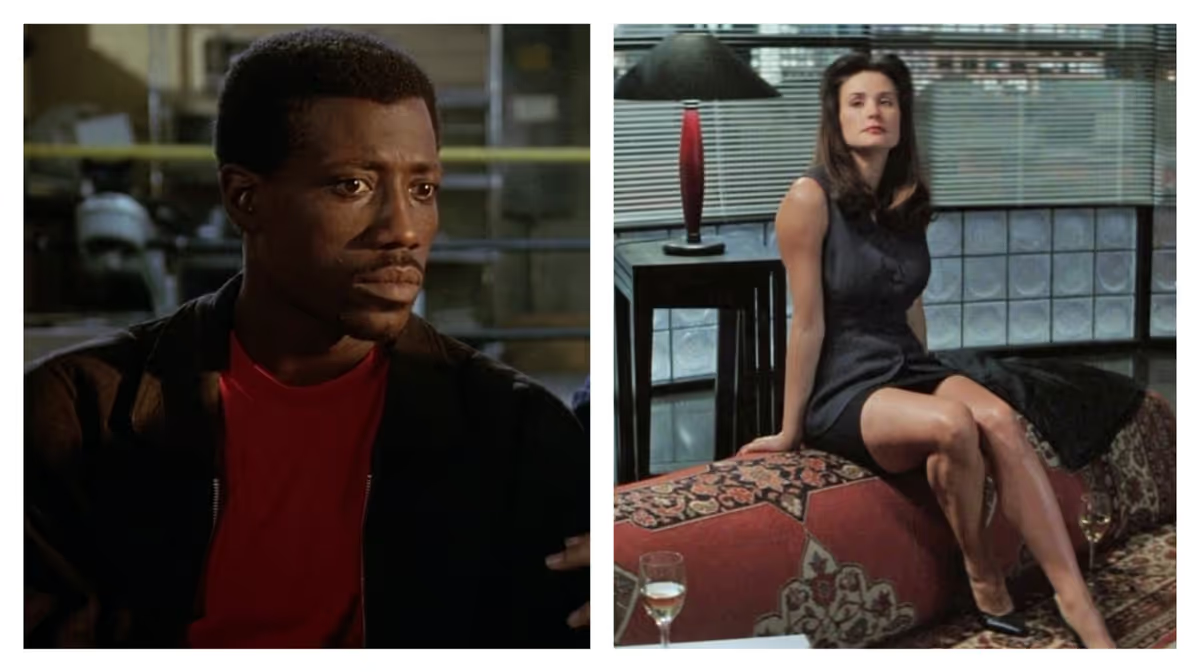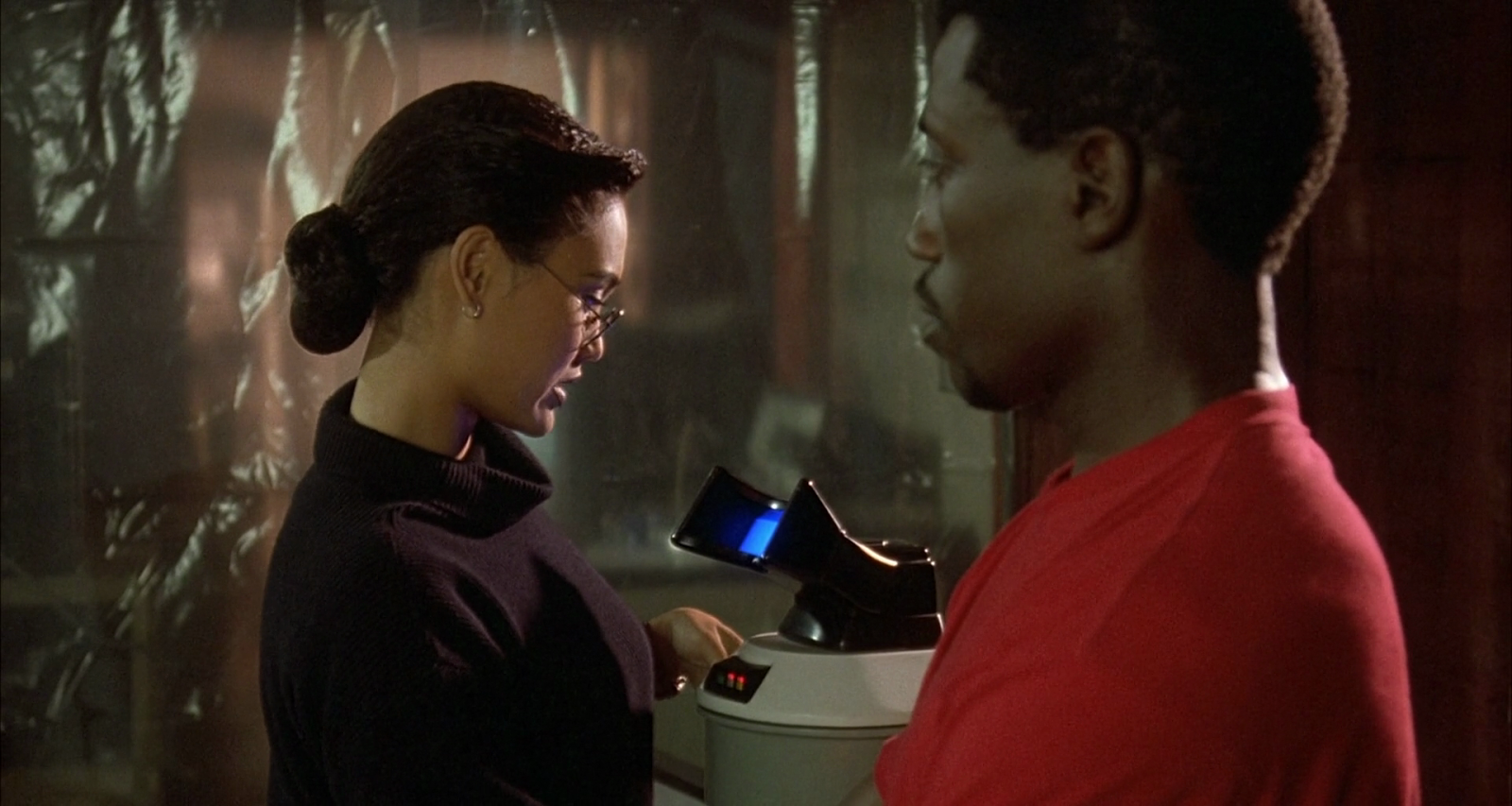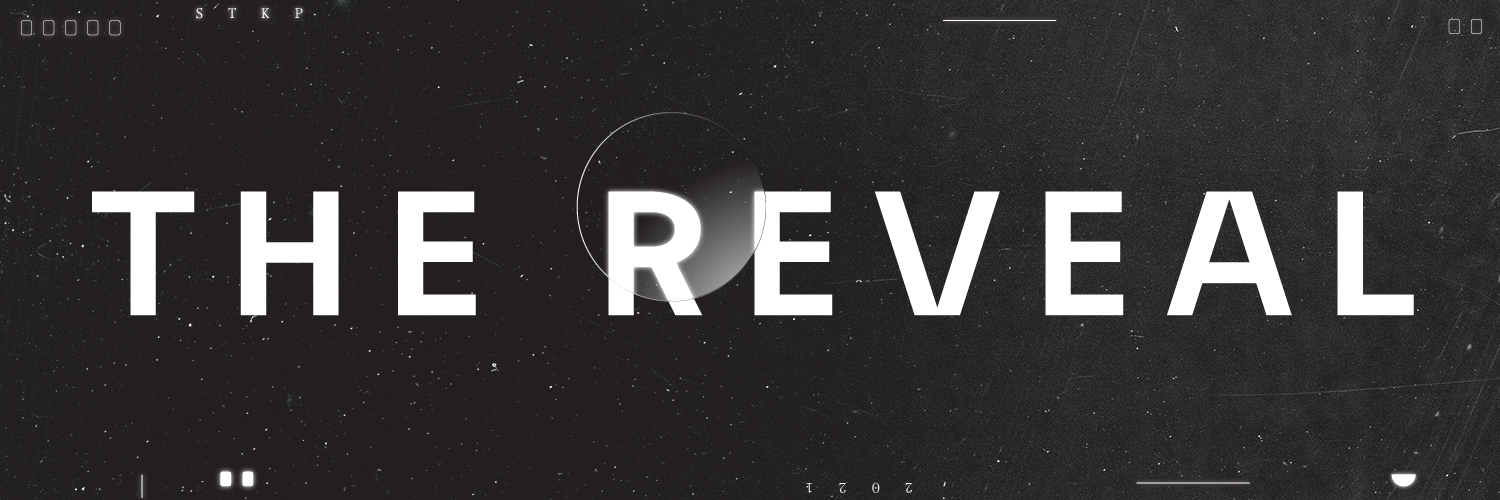Michael Crichton's Corporate Freakouts
At the peak of his popularity in the mid-'90s, Michael Crichton issued dire warnings about questionable threats to corporate culture.

“The Japanese find big arm movements threatening.” — John Connor, Rising Sun
Though properly hailed/criticized as the master of the hardcover screenplay, Michael Crichton had a knack for devising “what if” scenarios that frequently captured the public imagination. What if a deadly extraterrestrial microorganism could infect a human host, which would have no way of combating it? What if the android performers populating an Old West amusement park started rejecting their programming and retaliated against their hostile guests? What if another amusement park could be created through the dinosaur DNA preserved in amber? Those are the premises of Crichton’s The Andromeda Strain, Westworld, and Jurassic Park, respectively, and they’re almost diabolically good as Hollywood loglines, getting him to a point where his adaptations had a green light the moment his novels hit the shelves. That Crichton was significantly less skilled at characterization made little difference, not when the bones of his projects were this sturdy.
Yet there proved to be a fine line between “what if” and “oh yeah, but what if?!” as Crichton reached the apex of his popularity in the mid-‘90s, and a pair of hot-button novels, Rising Sun and Disclosure, showed off his reactionary streak. In the guise of the techno-thrillers, each set in companies with an eye toward conquering the digital future, Crichton could continue to speculate about image manipulation, virtual reality, and the mighty power of the CD-ROM while trojan-horsing political freak-outs about corporate culture. Arriving in theaters just after Jurassic Park—with Rising Sun coming out two months later in the summer of 1993 and Disclosure in December the next year—the films put Crichton in the entertainment pages and cable-talk ecosystem simultaneously.
Though the two films had different fates at the box office, Rising Sun and Disclosure dated themselves almost immediately as debate topics. No, the exotic demons known as “the Japanese” were not on the verge of infiltrating and dismantling American business from within our borders. And no, the sexual harassment issue was not about to be weaponized by evil, StairMaster-toned women looking to get ahead. (Crichton’s politics had drifted so far to the right by the next decade that State of Fear, his climate change-denying novel about eco-terrorists, proved too toxic to make it onto the screen.) Yet there’s a time-capsule quality to these films that remains fascinating, both as a carbon-dated record of what was on people’s minds in the mid-‘90s and as examples of filmmakers whose agendas weren’t entirely aligned with Crichton’s. It turns out that film was still, stubbornly, a director’s medium.
***

For all of Crichton’s power in Hollywood, he learned this the hard way on Rising Sun, which had drawn so much negative press over its alleged jingoism and its behind-the-scenes conflicts that the studio slipped it into theaters towards the end of the summer. (It didn’t do too badly, all things considered.) I can still recall one glossy summer movie preview writing something like, “Fox, Crichton and Connery hated it. But maybe you’ll like it!.” Crichton’s novel had already generated a ton of controversy for its warning of direct foreign investment in American technology sectors, which in his broad rendering struck many critics as a racist depiction of his Japanese interlocutors. The novel isn’t simply fretting about Japanese aggression in international business, but about a sinister, insular culture that’s as debased as it is ruthless.
This post is for paying members only
Sign up now to read the post and get access to the full library of posts for subscribers only.
✦ Sign up